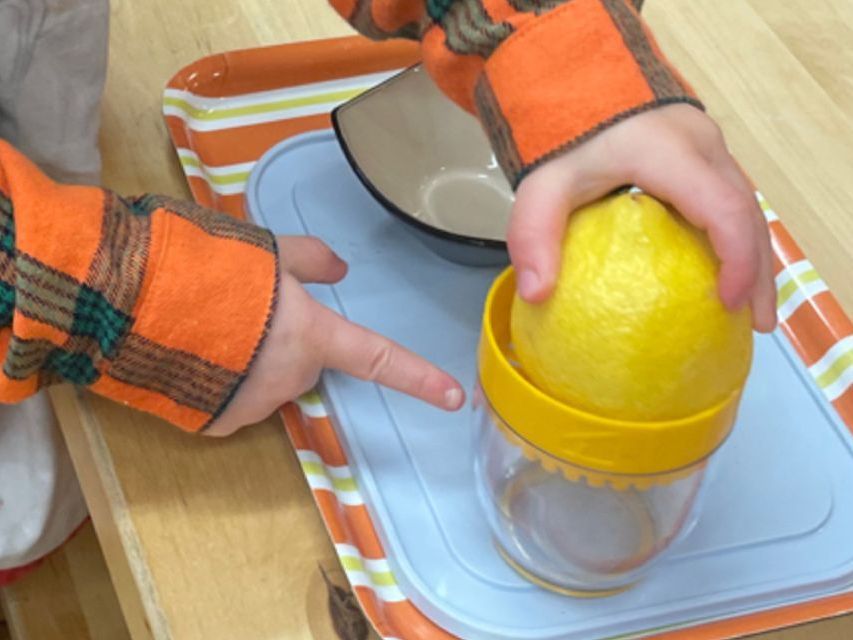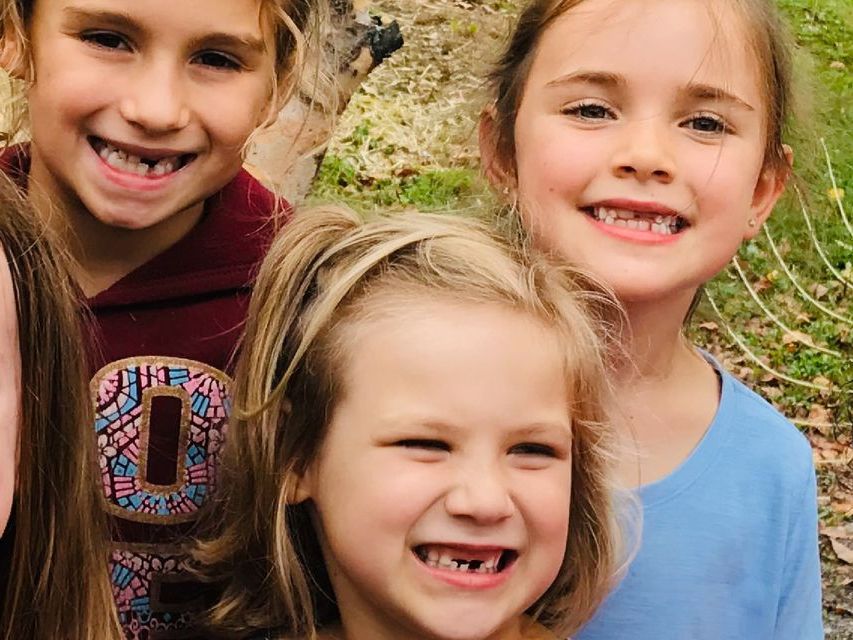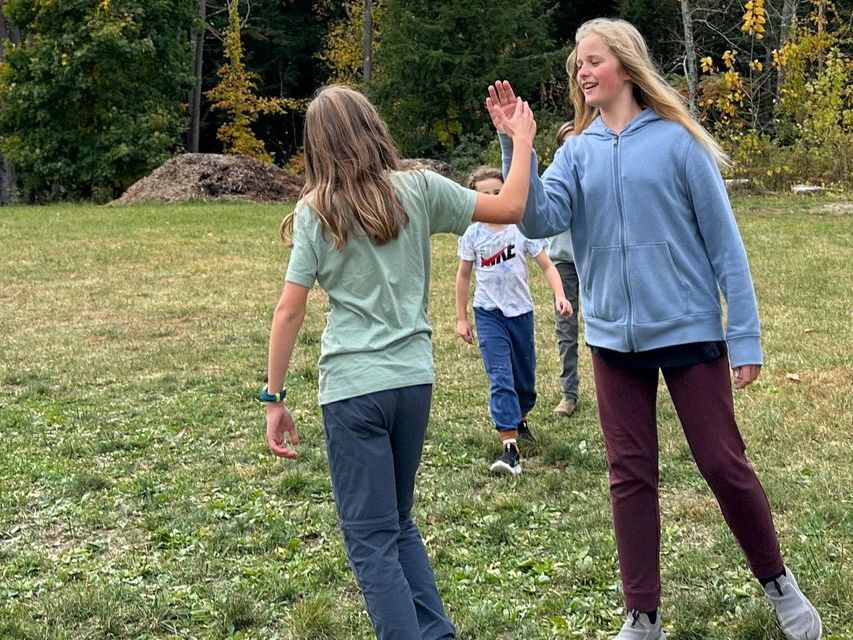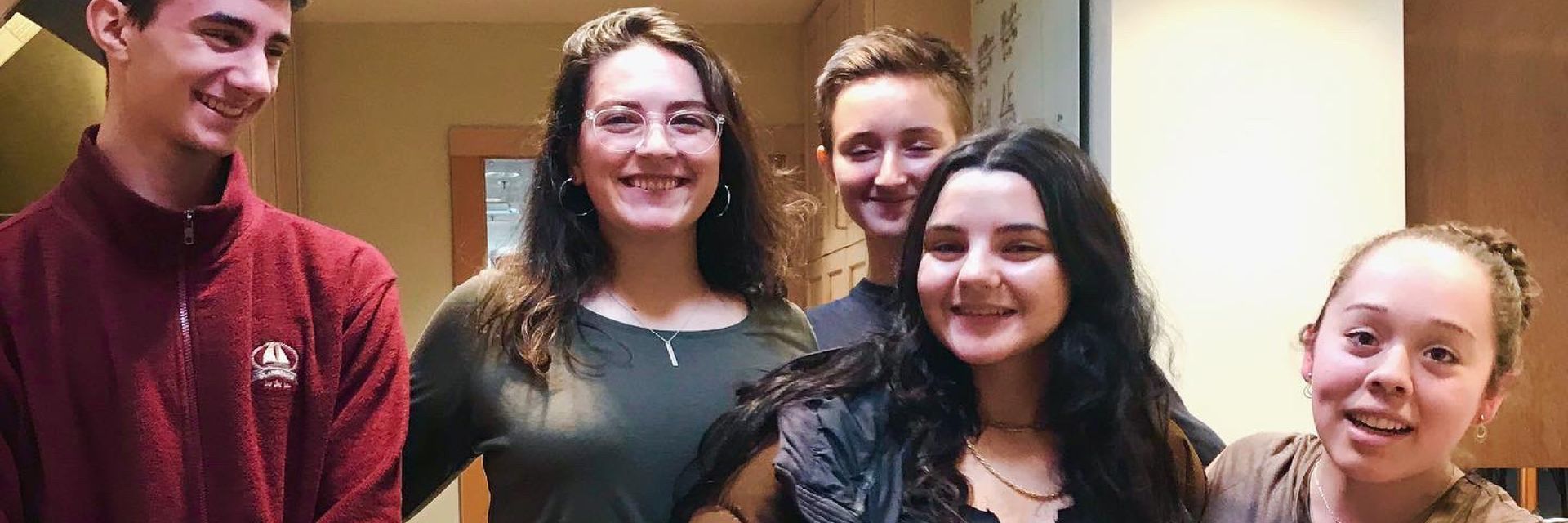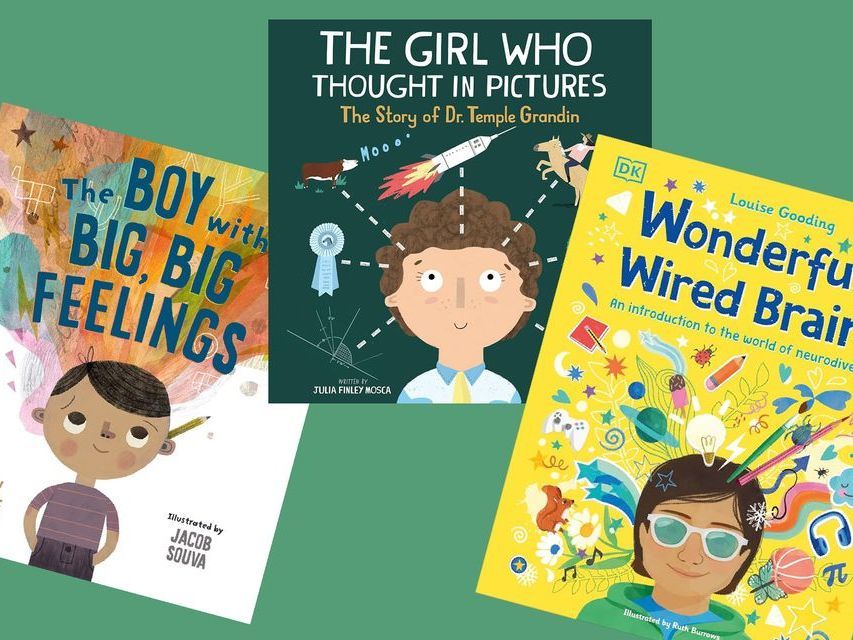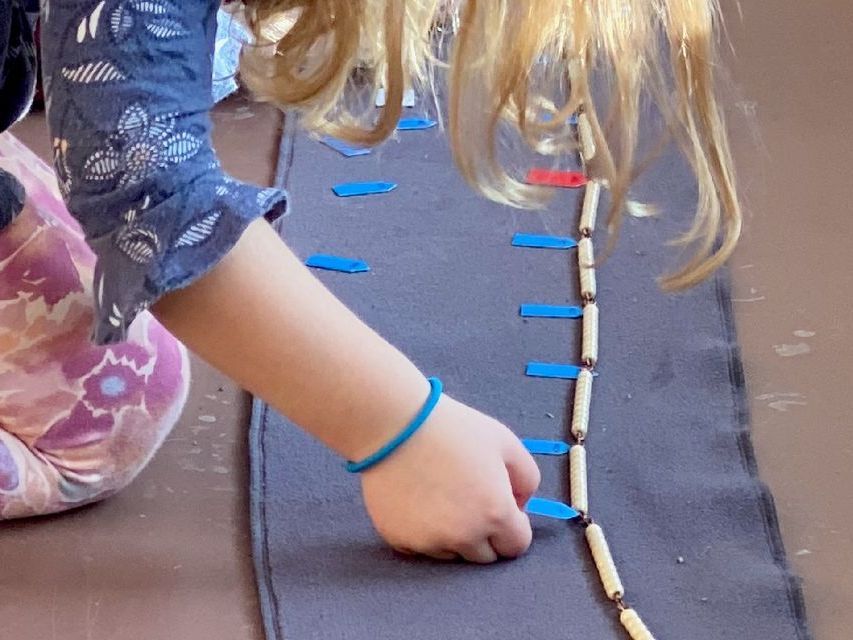Books About Peace
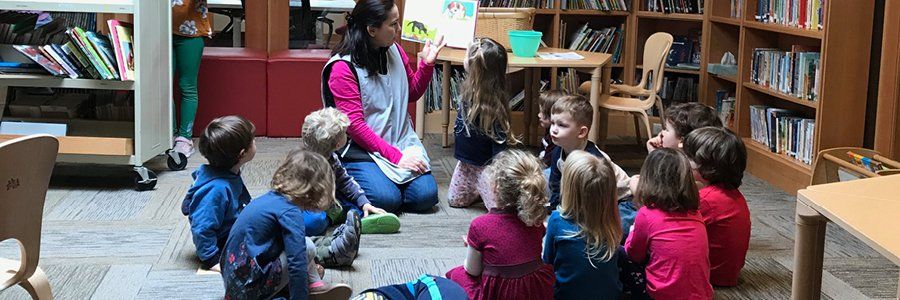
“Establishing lasting peace is the work of education; all politics can do is keep us out of war.” –Dr. Maria Montessori
Peace can often seem like a lofty goal. Yet we believe it starts small, in our own families, our own communities, and in the ways we raise our children.
This week we share a list of books for you to explore as a family. Even infants and toddlers can start to learn about peace, and there are many incredible books available to older children, including adolescents. Please let us know if you give any of these a try, or if there are others you think should be added to the list.
Primary
The Peace Book by Todd Parr
Primary-aged children will certainly love this book, but so will infants and toddlers. Parr’s bright, bold illustrations, coupled with easy-to-understand text, give children an early idea of what peace means. Featuring diverse characters and actions children can actually put into practice, this book is a perfect introduction to peace.
The Peace Rose by Alicia Olson
The Peace Rose is a book loved by many Montessori educators. It revolves around the idea that children might use a rose to help them resolve conflicts amongst themselves, passing it to one another so that everyone has a turn to speak. Some primary classrooms use this technique, and many families have found it helpful to bring the practice into the home. (It’s especially helpful with siblings!)
All the World by Liz Garton Scanlon
A Caldecott Honor book, All the World sheds light on the importance of and the connections between all things - large and small. Young readers follow a day and night along with a group of family, friends, and the world they live in.
Elementary
A Little Peace by Barbara Kerley
During the elementary years, illustrations and images are still very important. They give young children a deep sense of meaning and help them enjoy books in a deeper way. This National Geographic book couples gorgeous photographs from around the world with important, reflective messages about how we might all create a more peaceful place.
Amazing Peace by Maya Angelou
The incredible Maya Angelou first shared this poem at the White House in 2005, during the annual tree lighting ceremony. It is a Christmas poem, but it is so much more than that. As frightening weather looms, a family embraces the Christmas holiday. Their celebrations extend outward into their community, to include neighbors of difference races, religions, and those in different socioeconomic situations.
One Hen: How One Small Loan Made a Big Difference by Katie Smith Milway, illustrated by Eugenie Fernandes
Based on the life and experiences of Kwabena Darko, this book is both lovely and informative. The main character, Kojo, is forced to quit school in order to help his mother after his father dies. Living in a village in Ghana, Kojo’s mother is able to secure a small loan and gives a bit of the money to her son. With it, Kojo purchases a single hen, which eventually grows into a substantial flock, earning him enough money to help support his family and allowing him to return to school. Microloans are an important part of working to lift up developing nations, and this book is a fantastic introduction.
Adolescent
Sadako and the Thousand Paper Cranes by Eleanor Coerr
Based on a true story, Sadako was a young girl who lived in Japan when the United States dropped an atom bomb on Hiroshima. She is lively, an excellent runner, and has the rest of her life ahead of her. Then she begins to feel ill and learns that she has leukemia as a result of the radiation. She recalls an old Japanese legend that states if a person folds a thousand paper cranes they will become healthy again. She sets out to do so, eventually gaining help from people around the world. Today, the thousand paper cranes are a symbol of peace in the aftermath of war.
A Young People’s History of the United States: Columbus to the War on Terror by Howard Zinn and Rebecca Stefoff
Twenty-five years after publishing a similarly named book for adults, Zinn shared this new perspective of United States history for a younger audience. Our history is often written by the perspective of a very limited group of people, often leaving out the stories of those affected most by events. Learning about the past should include the stories of everyone, especially those who have been marginalized and oppressed. This book does just that.
This Book is Anti-Racist: 20 Lessons on How to Wake Up, Take Action, and Do the Work by Tiffany Jewell, illustrated by Aurelia Durand
Jewell, a Montessori educator, has worked tirelessly to create more inclusive and accessible classrooms. This Book is Anti-Racist gives young people concrete steps to learn about themselves, learn about others, and go about changing the world. While this book is not about the peace that exists, it is absolutely about the peace that we must all work to create.
Contact Us
© 2024 The Montessori School of the Berkshires
PO Box 422, 21 Patterson Road, Lenox Dale, MA 01242




